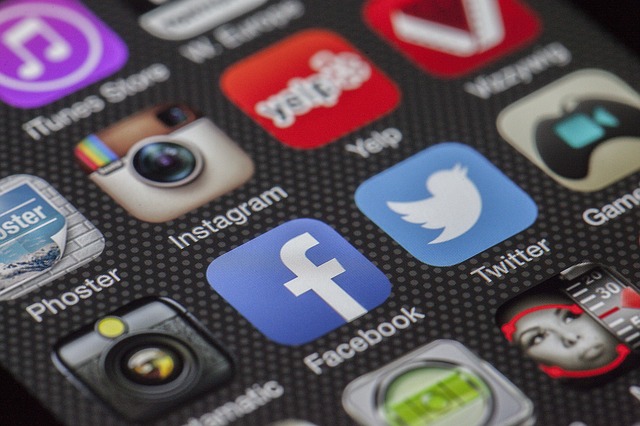What Not to Do On Social Media While Pursuing a Car Accident Claim
It’s becoming more common for insurance companies to investigate car accident claims using social media. Insurance companies may use what you post online to determine not only the validity of a claim but the circumstances surrounding what caused the accident and the extent of injuries. Posting the wrong thing on social media could ruin your claim. […]

Available 24/7
Free Case Review
You won’t pay any fees until we win your case.
It’s easy - you can:
 It’s becoming more common for insurance companies to investigate car accident claims using social media. Insurance companies may use what you post online to determine not only the validity of a claim but the circumstances surrounding what caused the accident and the extent of injuries. Posting the wrong thing on social media could ruin your claim.
It’s becoming more common for insurance companies to investigate car accident claims using social media. Insurance companies may use what you post online to determine not only the validity of a claim but the circumstances surrounding what caused the accident and the extent of injuries. Posting the wrong thing on social media could ruin your claim.